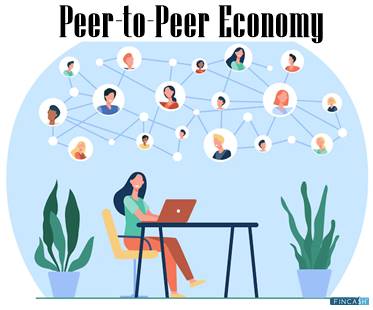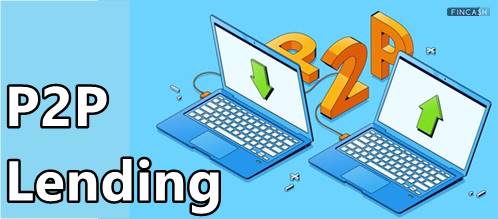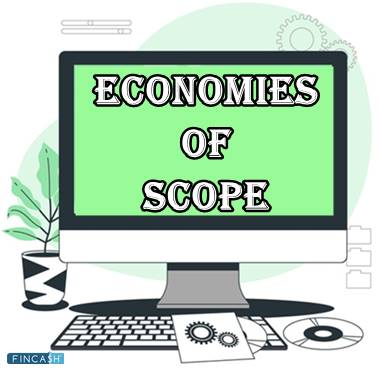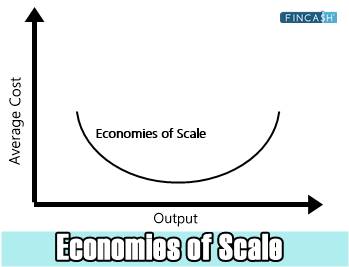
Table of Contents
What is Peer-to-Peer Economy?
The Peer-to-Peer (P2P) Economy is a paradigm in which two individuals acquire (demand) and sell (supply) products directly. It's a decentralised approach in which two people engage directly with each other to sell or produce products and services.

There is no need for a third-party mediator or the involvement of a company or business firm. The producer in a Peer-to-Peer economy is generally a private individual or a freelancer who owns both their equipment (or means of production) and their finished product.
Peer-to-Peer Business Model
The Peer-to-Peer business model is a model which acts as a middleman between individuals. It acts as a matchmaker between two parties: those with something to offer (a product or service) and others who can benefit from that offer.
Typically, the Peer-to-Peer business model incorporates a platform that facilitates communication between both parties while also establishing rules and laws, payment systems, and any other processes that are required for the transaction to be successful.
This third-party platform decreases the risk of both the vendor and the customer failing to deliver and pay. It also lowers consumer prices by lowering Manufacturing costs and investments.
Peer-to-Peer Business Model Examples
Some of the most well-known examples of this business model are as follows:
- Uber, Ola, and other apps link drivers and car-owners with riders
- Sellers offer their items for a little cost (or for free) on eBay, Amazon, Etsy, and Alibaba, and customers buy through the platform
- Airbnb, Tripping, and HomeToGo are apps that link people who want to make additional money by renting out underused property to others
- Fiverr, Freelancer, and Upwork are some of the examples which help in linking freelancers to clients
One side offers the service, while the other consumes all of them. Peer-to-Peer business model provides the framework for creating the match, complete with all of its structure, mechanisms, and rules.
Talk to our investment specialist
Advantages of Peer-to-Peer Business Model
Listed down are a few benefits of this business model:
Minimised Risk
Political, social, and economic factors are inherently unpredictable and unstable, posing risks. It is the producers who bear the loss when substantial changes in the Market, customer behaviour, or even crises and natural calamities occur. In the Peer-to-Peer business model, in addition to cost savings, the intermediate company also takes a significant portion of the direct risks associated with business management. These platforms significantly reduce the losses and uncertainties that a manufacturer would have to face.
Labour Specialisation
In the case of the Peer-to-Peer business model, individuals selling items or services can specialise thoroughly in their area of expertise. As a specialist does not have to focus on other duties that are required to sell their goods or activities, they may devote all of their money and attention to enhancing their knowledge, therefore raising the quality of what they produce.
Reduction in Costs
Individuals can market their goods and services by providing them with the platform they require; P2P businesses assist in cutting expenses, such as designing, producing, recruiting, shipping, negotiating, marketing, advertising, insuring, and a variety of other assets and transaction costs. By Offering search engines and platforms, they make it simple for people to exchange and filter data in order to find each other and meet their needs.
The Bottom Line
Internet, mobile technology, analytics, artificial intelligence, and big data have all contributed to the expansion of the Peer-to-Peer economy. These platforms greatly minimise the losses and uncertainties that a producer would have to encounter by grasping a big portion of the processes involved in delivering products and services. One thing is definite the connectivity, new technology, and economic Volatility (particularly during and after the COVID pandemic) have encouraged the growth of new Peer-to-Peer businesses and will undoubtedly continue to alter conventional industries and activities in future.
All efforts have been made to ensure the information provided here is accurate. However, no guarantees are made regarding correctness of data. Please verify with scheme information document before making any investment.












